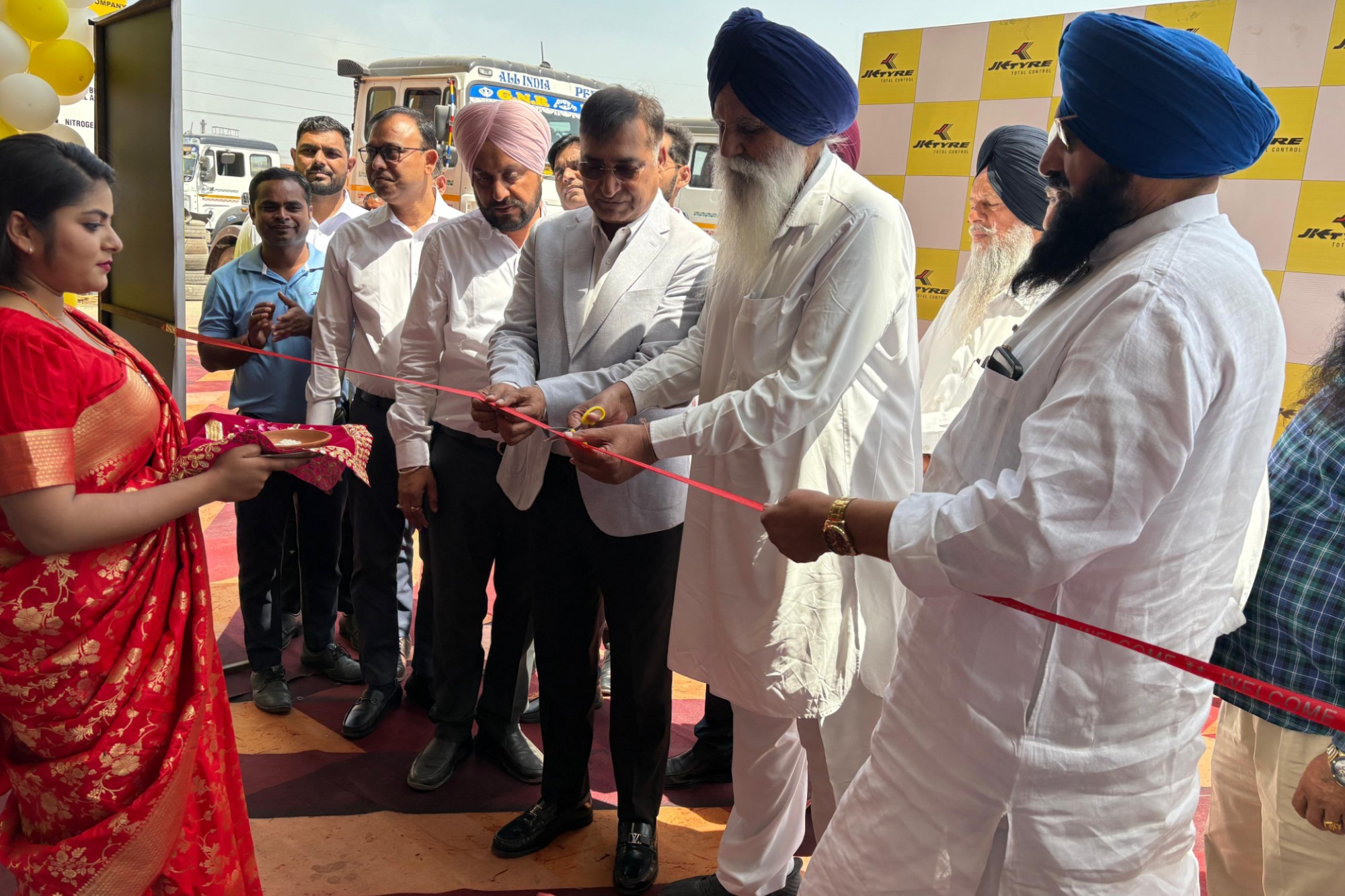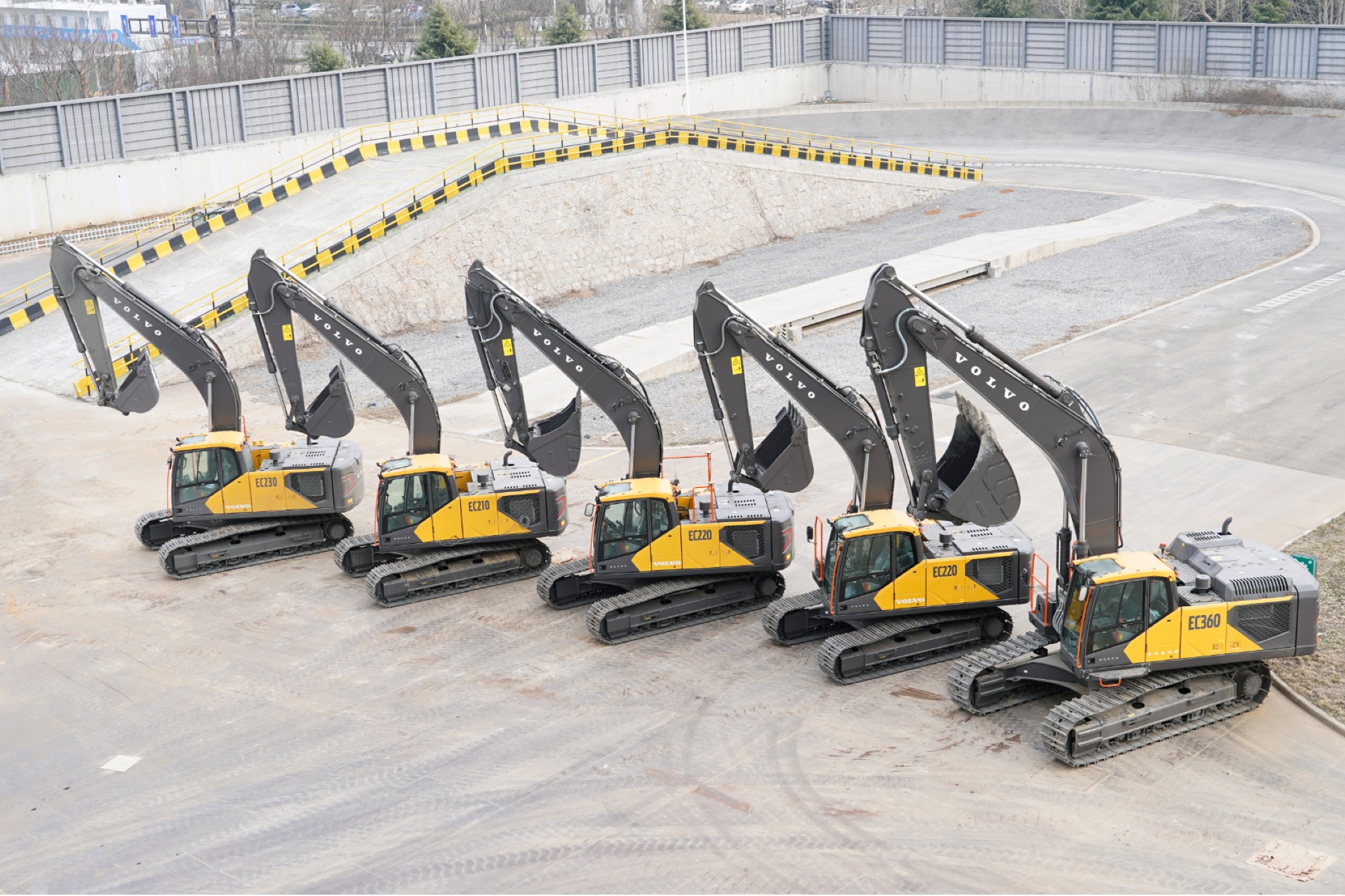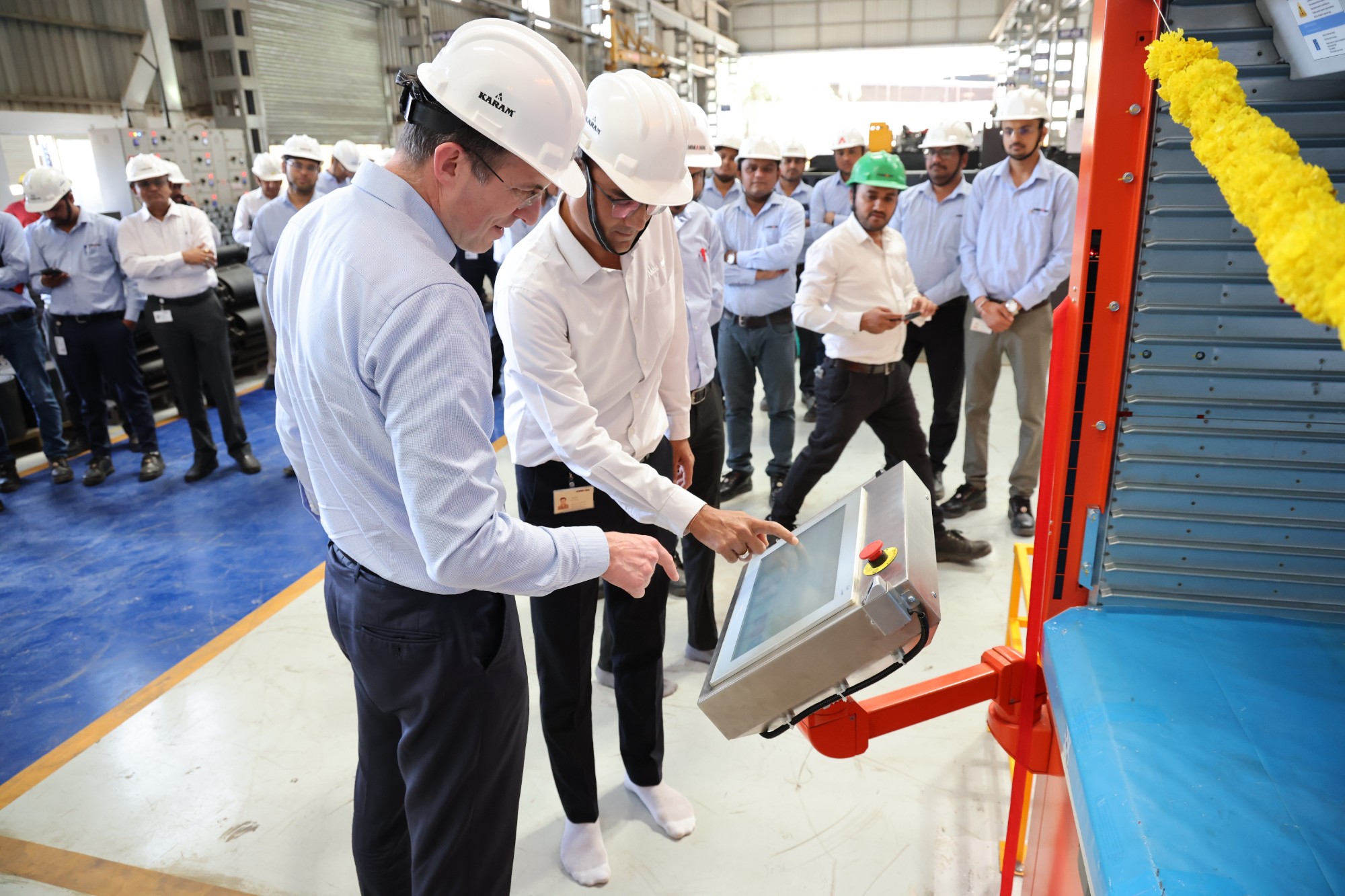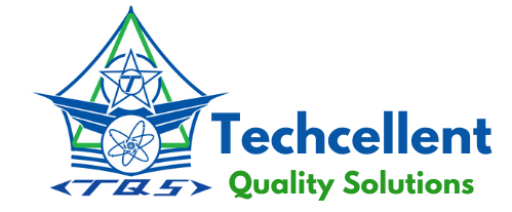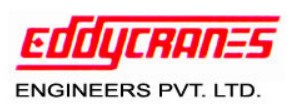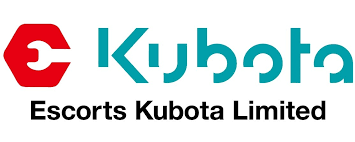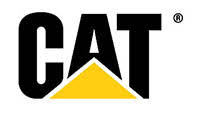Ammann bridges traditional and modern road construction with custom machinery
By Staff Report | January 14, 2025 7:00 pm SHARE
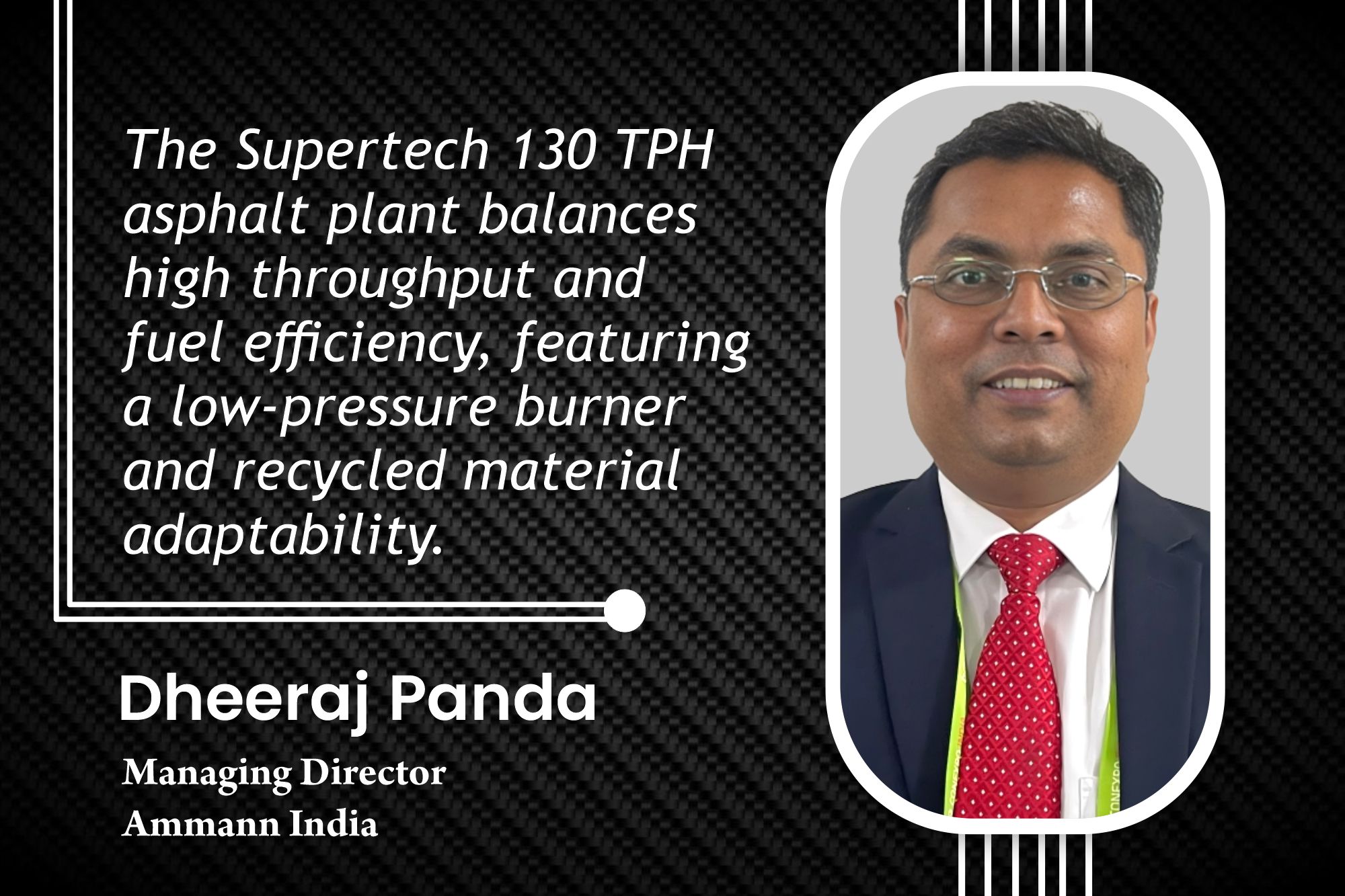
In this exclusive interview, we speak with Dheeraj Panda, Managing Director of Ammann India, about the company’s latest innovations, shifting market trends, and their role in shaping the future of infrastructure. From advanced asphalt plants to intelligent concrete machinery, the discussion highlights the strategic vision and technical expertise behind their success.
Can you give us an overview of the products you showcased at bauma ConExpo?
We brought a wide array of products demonstrating our innovative strides in the road construction industry. We showcased our latest range of compactors, pavers, and advanced asphalt mixing plants at the event. Among these are the Apollo and Ammann ABG series, designed with state-of-the-art features to address the evolving needs of contractors and developers in India and globally. One of our key launches was the Ammann latest series, which includes the 10M Paver 7920 and our Supertech 130 TPH asphalt plant. These machines represent a significant leap in performance and energy efficiency.
We highlighted our upcoming products that comply with the upcoming CEV Stage 5 standards. These products include compactors designed to meet the new emission regulations set to come into effect in January 2025. We also introduced Apollo MixMaster, a powerful IoT solution, and as 1 software that helps seamlessly integrate operational data from machines for enhanced performance analytics.
This year, we also emphasised our value-added services, including spare parts, maintenance contracts, and support systems, which ensure that contractors have everything they need for efficient operation and long-term performance of their machinery.
You mentioned two major product launches. Could you elaborate on the key features and innovations that set them apart in the market?
Let’s talk about the Supertech 130 TPH asphalt plant first. In the Indian market, where road construction demand is surging, we found a gap in the need for a plant that balances high throughput and fuel efficiency. Typically, we have plants ranging from 120 TPH to 140 TPH, but contractors were looking for something in between, which led to the development of our 130 TPH plant.
What sets this apart is the low-pressure burner system we’ve incorporated. While many plants use high-pressure burners, our low-pressure burners significantly enhance fuel efficiency by ensuring more precise combustion. This directly translates to reduced operational costs and better performance over time. Additionally, the thermal drum in this plant is fully insulated, which improves energy retention and further reduces fuel consumption, making it more sustainable and cost-efficient.
Another key innovation is the introduction of variable-frequency drives in the plant’s drying system. This feature allows for better control over material processing speeds, providing more flexibility in adjusting operations based on specific job site conditions, thus optimising performance across various conditions.
The plant is also designed to be highly adaptable to recycled materials, an increasingly important aspect of road construction in India. With the growing emphasis on sustainability, integrating a high percentage of recycled asphalt into mixes can lower the environmental footprint while reducing costs for contractors.
On the concrete side, our spiral mixing technology ensures smoother, more consistent concrete mixing. The innovative design reduces the cycle time, increasing efficiency while maintaining the high-quality standards we’re known for.
How do your products contribute to environmental sustainability and energy efficiency in road construction?
We have implemented several innovations in our asphalt plants to reduce environmental impact. For example, our recycling technology is a game-changer. We’ve introduced mechanisms to enable the reuse of aggregates from old roads. This reduces the need for fresh raw materials and cuts down on carbon emissions, which is a critical concern for the industry as it seeks to align with global sustainability goals.
In countries like the United States and some parts of Europe, the recycling rate for asphalt can reach 100 percent. While we’re not at that level in India yet, we’ve achieved around 60 percent recycling in some of our plants. This is a significant achievement and reflects the growing adoption of sustainable construction practices in the Indian market.
Our products are designed with fuel efficiency and reduced emissions in mind. We’ve invested heavily in research and development to ensure that our machinery can perform at high standards while consuming less fuel and emitting fewer pollutants. The low-pressure burner in the Supertech 130 TPH plant is just one example of how we’ve engineered our products for greater energy efficiency.
We are also focusing on reducing noise and air pollution at construction sites. By introducing new soundproofing technologies in our equipment, we aim to create a safer and more pleasant working environment for operators, especially in urban areas where construction noise and air pollution can be a major issue.

You mentioned adaptability and versatility as key selling points for your products. Can you elaborate on how your equipment can be tailored to meet different road construction needs across regions and types of projects?
One of the standout features of our product range is its adaptability. The road construction industry is incredibly diverse, and contractors are often tasked with managing different projects, from local roads to large expressways. Our machinery is designed to cater to every aspect of this spectrum.
Take the paver range, for example. We offer machines in different configurations to suit various types of roadwork. For urban roads or smaller projects, we have compact, wheeled pavers that provide greater manoeuvrability in tight spaces. For large-scale projects, such as national highways and expressways, we offer track-mounted pavers that can cover wider widths and work on more complex terrains.
Similarly, our asphalt plants are designed with flexibility in mind. While we typically offer capacities ranging from 120 TPH to 140 TPH for Indian conditions, we’ve also developed larger plants for international markets that need to produce up to 300 TPH or more. We can customise the product based on specific requirements, including higher percentages of recycled material or adjustments for certain raw material types.
Our concrete equipment is similarly versatile. We offer different models to meet the needs of varying project scales. Our mixing technology is adaptable to different aggregate sizes and material types, ensuring that contractors can achieve the desired quality and output no matter the project.
Integrating IoT technology across our machines means contractors can tailor their operation strategies based on real-time data. Operators can monitor machine performance, adjust settings remotely, and even predict maintenance needs, ensuring maximum uptime and reducing costs associated with unscheduled downtime.
What are the biggest challenges in the Indian road construction market, and how is your company addressing these challenges?
The biggest challenge in India is infrastructure development’s sheer scale and complexity. The demand for road construction is skyrocketing, driven by urbanisation and the government’s focus on building more highways, expressways, and rural roads. While this is an exciting opportunity for the industry, it presents significant challenges, particularly regarding machinery deployment and resource management.
One of the key challenges is the adoption of advanced machinery and technology. In India, there is still a preference for mid-range machines, with capacities typically around 120 TPH to 140 TPH. While this equipment is adequate for many projects, as the country continues to build its infrastructure, we will see a shift toward larger plants and machines capable of handling bigger projects more efficiently.
To address this, we are introducing high-capacity machines that cater to the growing need for more efficient, larger-scale construction. For example, the Supertech 130 TPH asphalt plant is designed to meet this growing demand while remaining cost-effective for contractors transitioning to larger projects.
Another challenge is integrating sustainable construction practices. As I mentioned earlier, the need for recycling materials in road construction is becoming more critical. While this technology is not yet as widely adopted in India as in other markets, we are working to make it more accessible and affordable. Our equipment is specifically designed to facilitate this transition, making it easier for contractors to integrate recycled materials into their mixes without compromising quality.
How does your recent acquisition of ABG fit into your long-term strategy, and how will it impact your product offerings and market presence?
The acquisition of ABG by Ammann Global earlier this year is a significant milestone for us. ABG was a prominent name in the road construction machinery sector, particularly in the paver market. By integrating ABG’s strengths with our own, we’ve significantly enhanced our ability to offer our customers a complete range of products.
The acquisition gives us a deeper market penetration in the Indian subcontinent, as ABG has established a strong customer base in India over the years. This will allow us to expand our presence in key regions and strengthen our relationships with existing customers.
The addition of ABG’s advanced paver technology means we now offer a broader range of products, from smaller machines for local roads to larger machines suited for expressways and national highways. This aligns perfectly with our long-term strategy to provide more comprehensive, scalable solutions to the Indian market.
Looking forward, what are your plans for the future of road construction technology, and how do you plan to remain at the forefront of the industry?
As we look to the future, we are committed to continuous innovation. The road construction industry is evolving rapidly, and we intend to stay ahead of the curve by constantly introducing new technologies. For us, the future is all about greater automation and digitisation. Integrating artificial intelligence (AI) and machine learning into our products is already underway, and we anticipate that these technologies will become central to how we manage construction sites and monitor equipment performance.
Sustainability will remain a key focus. As urbanisation continues and the demand for infrastructure increases, the need for energy-efficient, low-emission machinery will grow. We are constantly working on making our products more environmentally friendly and are committed to helping our customers reduce their carbon footprints.
We are also focused on developing more intelligent systems for predictive maintenance, ensuring that our equipment stays operational for longer periods and minimises unplanned downtime.
Regarding market strategy, we are expanding our footprint in emerging markets and reinforcing our position in established markets. We are excited about the opportunities ahead and committed to helping our customers build better, more sustainable roads for the future.
For more information, visit: https://www.ammann.com/en-IN/
Cookie Consent
We use cookies to personalize your experience. By continuing to visit this website you agree to our Terms & Conditions, Privacy Policy and Cookie Policy.



